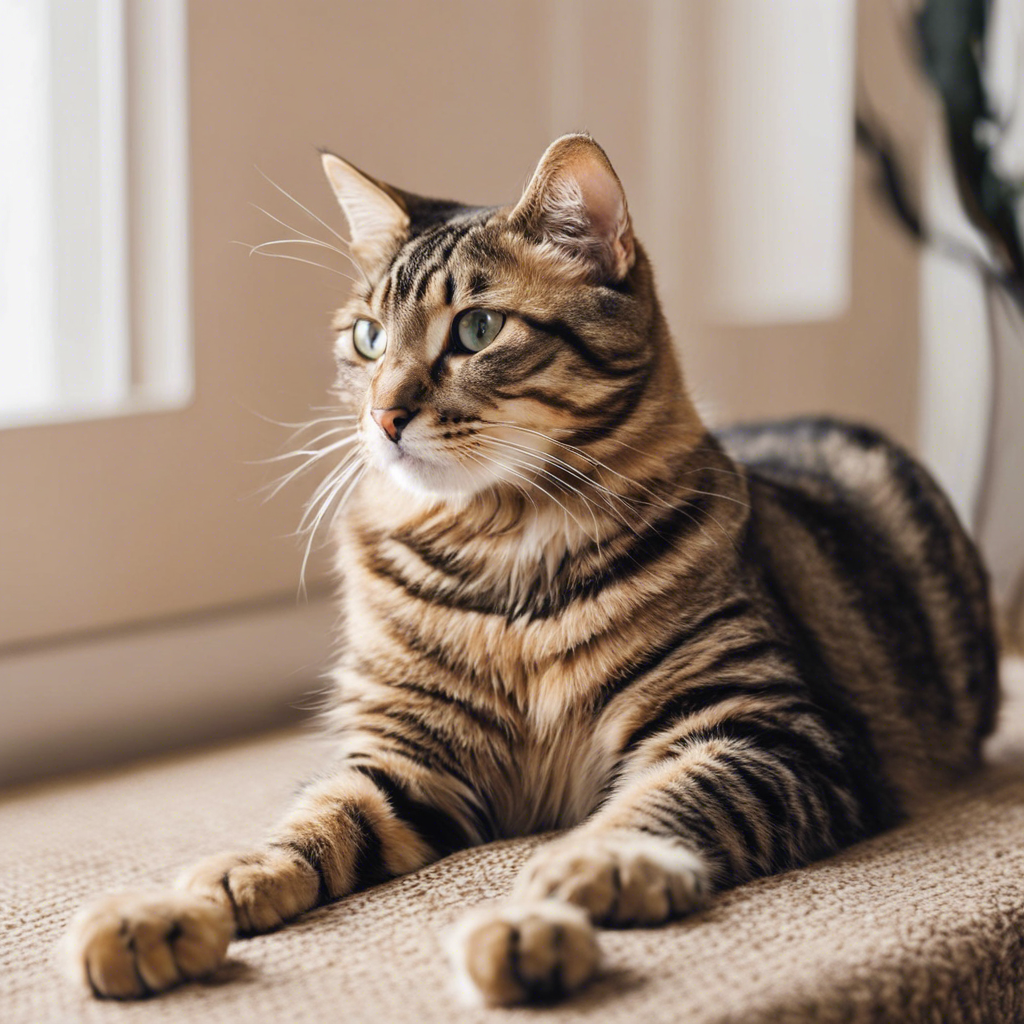Cats are renowned for their elegance and agility, but ensuring they maintain their fitness and health requires a dedicated approach to nutrition and training. Just like their human counterparts, feline friends require a balanced diet and regular exercise to stay in shape and avoid common health pitfalls.
When it comes to nutrition, cats have unique requirements. They are obligate carnivores, which means they rely on animal-based proteins for their essential nutrients. A high-quality, meat-rich diet is key, with appropriate levels of protein, fat, and carbohydrates to sustain their energy needs. Avoid cheap, filler-laden cat foods, and instead, opt for reputable brands that prioritize natural, species-appropriate ingredients. Supplementary treats can also provide added nutrition, with options like freeze-dried liver or fish being a tasty and healthy choice.
The importance of hydration cannot be overstated for cats. While they may not be known for their love of water, ensuring easy access to fresh, clean water is vital. Consider investing in a cat fountain to encourage hydration, as some cats are more inclined to drink running water. Additionally, incorporating wet food into their diet can increase water intake, which is particularly beneficial for cats prone to urinary tract issues.
Now, let’s talk about exercise. Indoor cats especially need our help to stay active, as they lack the natural stimuli of the outdoors. Investing in interactive toys that encourage chasing and pouncing can provide both mental and physical stimulation, keeping your cat entertained and active. Cat towers and scratching posts also encourage movement and provide an outlet for natural scratching behaviors, helping to keep your cat’s nails healthy and avoiding destructive behaviors.
Creating an enriching environment is also key to keeping your cat mentally and physically stimulated. This can include providing access to safe outdoor spaces, such as catios (enclosed patios for cats), or creating indoor ‘obstacle courses’ with boxes and tunnels. Spending time playing and interacting with your cat also promotes activity and strengthens your bond.
Regular vet check-ups are essential to monitor your cat’s health and catch any potential issues early on. Discuss your cat’s nutritional needs with your veterinarian, especially if they have specific health considerations. Remember, every cat is unique, and their exercise and nutritional requirements will vary with age, breed, and individual metabolism.
By taking a proactive approach to your cat’s health, nutrition, and training, you can help them maintain a healthy weight, increase their overall well-being, and ensure they live a long and happy life. Being a responsible cat parent means taking the time to understand their specific needs and providing the care they deserve to thrive.
Please note that this article provides general information and not specific veterinary advice. Always consult your veterinarian to determine the most appropriate diet and exercise plan for your cat’s individual needs.

